
You might have noticed how bright green your plants look after rain. Or you may have been watering your garden this summer, over many hot days and weeks. So, which water is best for your plants? The stuff that falls out of the sky or the water that comes out of the tap?
- By Susan Lawler
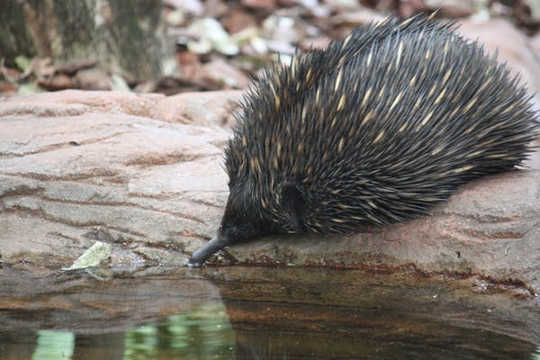 Last night I was watering the garden with a hose. It is easy to see how stressed the plants are on a 38 degree day, but then I remembered that the animals in my garden need water too.
Last night I was watering the garden with a hose. It is easy to see how stressed the plants are on a 38 degree day, but then I remembered that the animals in my garden need water too.
- By Nick Rose
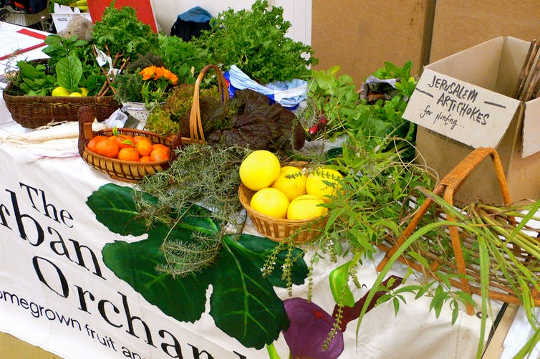 For more than 20 years, the US Department of Agriculture (USDA) has made tens of millions of dollars available in grants and low-interest loans to the local food sector.
For more than 20 years, the US Department of Agriculture (USDA) has made tens of millions of dollars available in grants and low-interest loans to the local food sector.
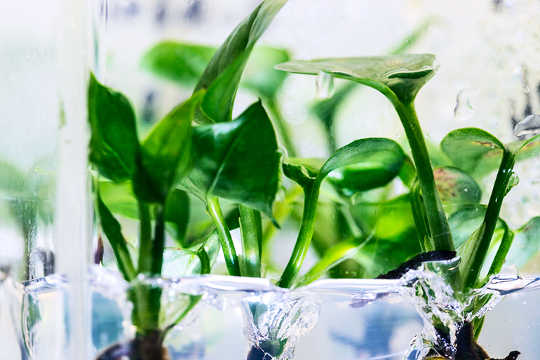 Researchers have genetically modified a common houseplant—pothos ivy—to remove chloroform and benzene from the air around it.
Researchers have genetically modified a common houseplant—pothos ivy—to remove chloroform and benzene from the air around it.

Australia has one of the highest rates of pet ownership in the world, with 38% of Australian households owning dogs. Dogs improve the quality of our lives, and studies show that exposure to dogs can even improve our immune system.

A company in Scotland has unveiled what it claims is arguably the world’s most technically advanced indoor farm. Intelligent Growth Solutions’ vertical farm uses artificial intelligence and specially designed power and communication technologies. The firm says this reduces energy costs by 50% and labour costs by 80%...
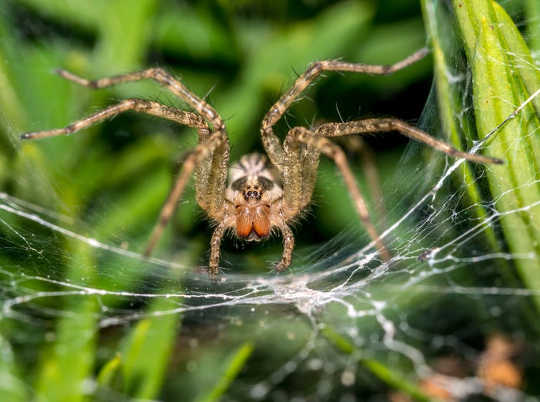 Eight schools in London have closed this month because of an infestation of spiders. The schools reported that they were concerned for the children’s well-being so they sent their pupils home – in one case for a whole month.
Eight schools in London have closed this month because of an infestation of spiders. The schools reported that they were concerned for the children’s well-being so they sent their pupils home – in one case for a whole month.
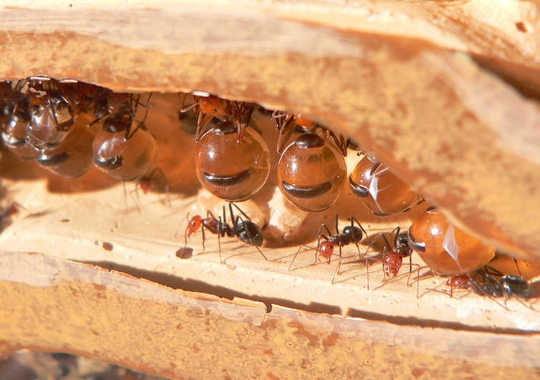
There are seven species of Apis honey bee in the world, all of them native to Asia, Europe and Africa. Apis mellifera, the western honey bee, is the species recognised globally as “the honey bee”. But it’s not the only insect that makes honey. Many other bee, ant and wasp species make and store honey. Many of these insects have been used as a natural sugar source for centuries by indigenous cultures around the world.
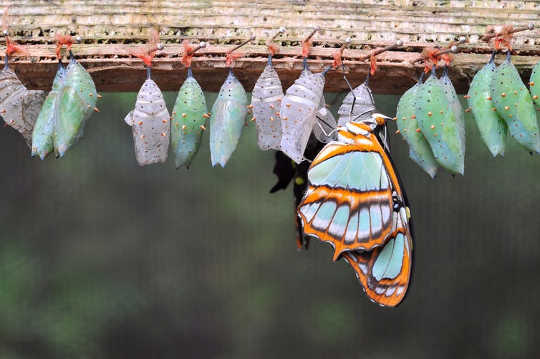 It is highly unlikely that a butterfly or moth remembers being a caterpillar. However, it may well remember some experiences it learned as a caterpillar.
It is highly unlikely that a butterfly or moth remembers being a caterpillar. However, it may well remember some experiences it learned as a caterpillar.
That fact in itself is especially amazing because inside the pupa (or chrysalis), the caterpillar actually turns to liquid as it transforms into a butterfly or moth (the adult stage).
- By Tim Logan
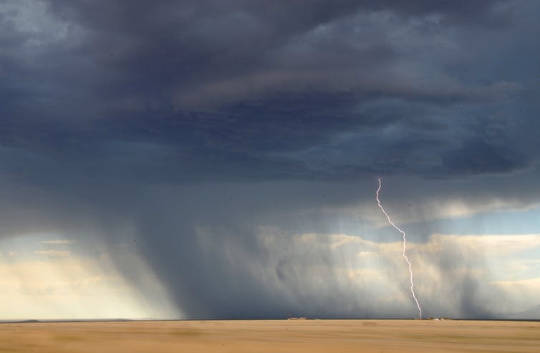
When those first fat drops of summer rain fall to the hot, dry ground, have you ever noticed a distinctive odor? I have childhood memories of family members who were farmers describing how they could always “smell rain” right before a storm. Of course rain itself...
- By Adrian Dyer
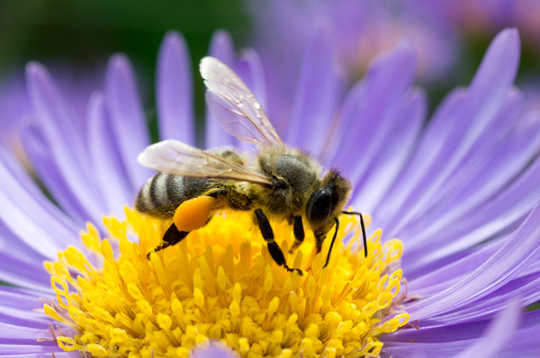 Recognizing faces is essential for how we interact in complex societies, and is often thought to be an ability that requires the sophistication of the large human brain. But new evidence we published in Frontiers in Psychology shows that insects such as the honeybee (Apis mellifera) and the European wasp (Vespula vulgaris) use visual processing mechanisms that are similar to humans’, which enables reliable face recognition.
Recognizing faces is essential for how we interact in complex societies, and is often thought to be an ability that requires the sophistication of the large human brain. But new evidence we published in Frontiers in Psychology shows that insects such as the honeybee (Apis mellifera) and the European wasp (Vespula vulgaris) use visual processing mechanisms that are similar to humans’, which enables reliable face recognition.
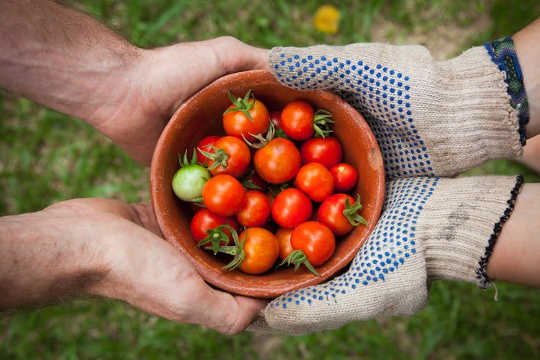
Studies indicate spending time in nature brings physical, mental and social benefits. These include stress reduction, improved mood, accelerated healing, attention restoration, productivity and heightened imagination and creativity.
- By Becky Thomas
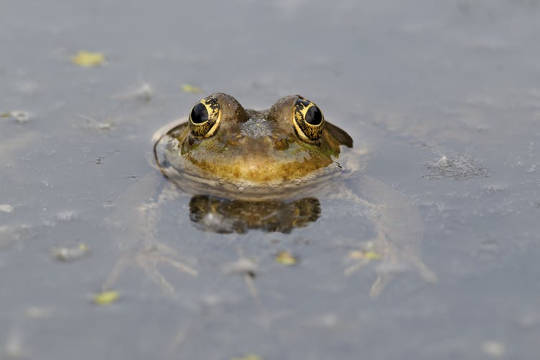
Many people forget that our gardens can be important havens for wildlife. But with ponds drying up, amphibians are losing out.
- By Mandy Hughes
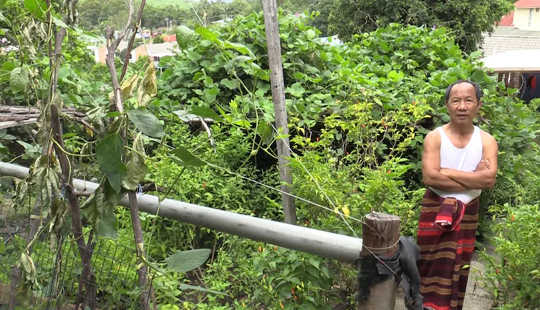
After spending many years living in refugee camps, gardening can provide a safe space to establish identity, rebuild lives and attain happiness.
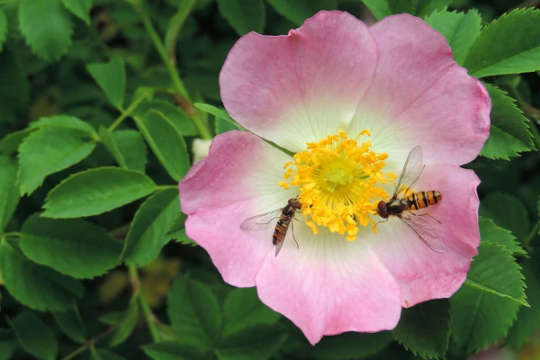
They are one of the most unwelcome signs of summer. Buzzing through beer gardens, attacking innocent picnics, wasps arrive ominously with a sting in their tails.

While you may be familiar with your zodiac sign and maybe even the precious stone associated with the month of your birth, did you know that The Language of Flowers shares with us blossoms connected with not only the month, but also the day and even land of your birth?

One of the biggest knocks against the organics movement is that it has begun to ape conventional agriculture, adopting the latter’s monocultures, reliance on purchased inputs and industrial processes.
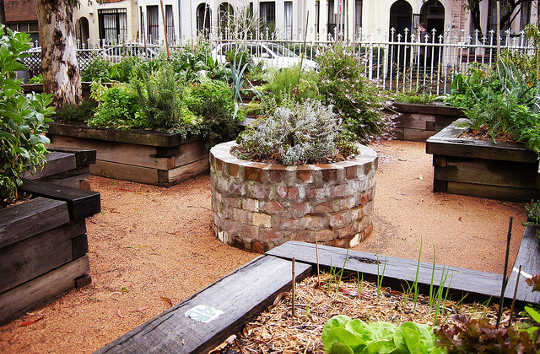
When it is done properly, organic growing methods can deliver two to three times the yield of conventional methods. Of course if you take two fields and plant each with a monocrop, then the one without pesticides will do worse than the one with, but that isn't really what organic farming is.
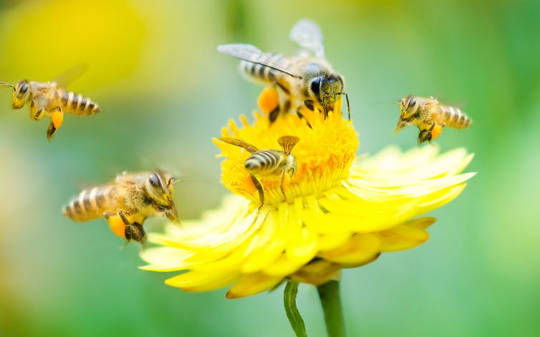
Pollinating insects like bees, butterflies and flies have had a rough time of late. A broad library of evidence suggests there has been a widespread decline in their abundance and diversity since the 1950s.
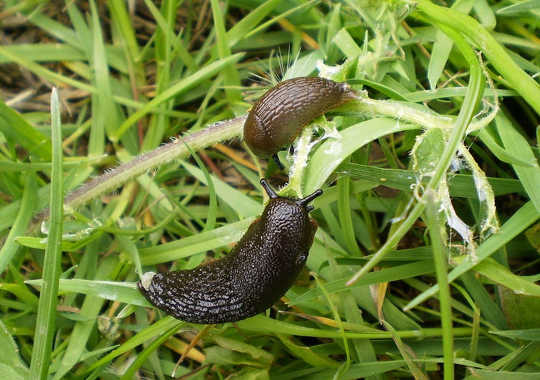 Slugs and snails are the bane of almost every vegetable planting gardener and farmer. Slugs in particular have voracious appetites and are relentless in eating stems, leaves and shoots.
Slugs and snails are the bane of almost every vegetable planting gardener and farmer. Slugs in particular have voracious appetites and are relentless in eating stems, leaves and shoots.
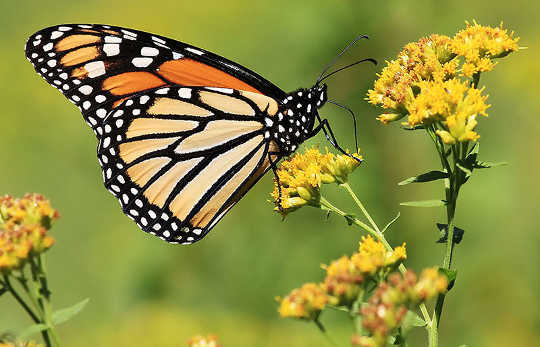
Researchers have uncovered exactly where a key protein forms before it triggers the flowering process in plants.
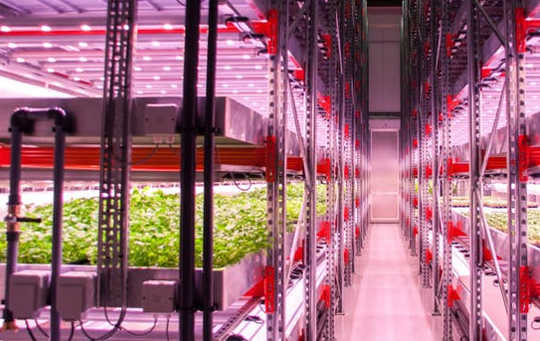
Growing food in cities became popular in Europe and North America during and immediately after World War II. Urban farming provided citizens with food, at a time when resources were desperately scarce.
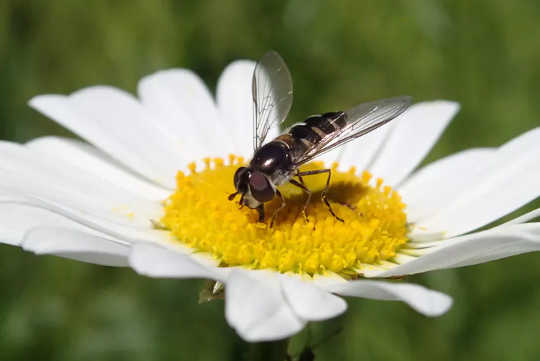
The weather is getting warmer, and gardens are coming alive with bees, flies, butterflies, dragonflies, praying mantises, beetles, millipedes, centipedes, and spiders.















